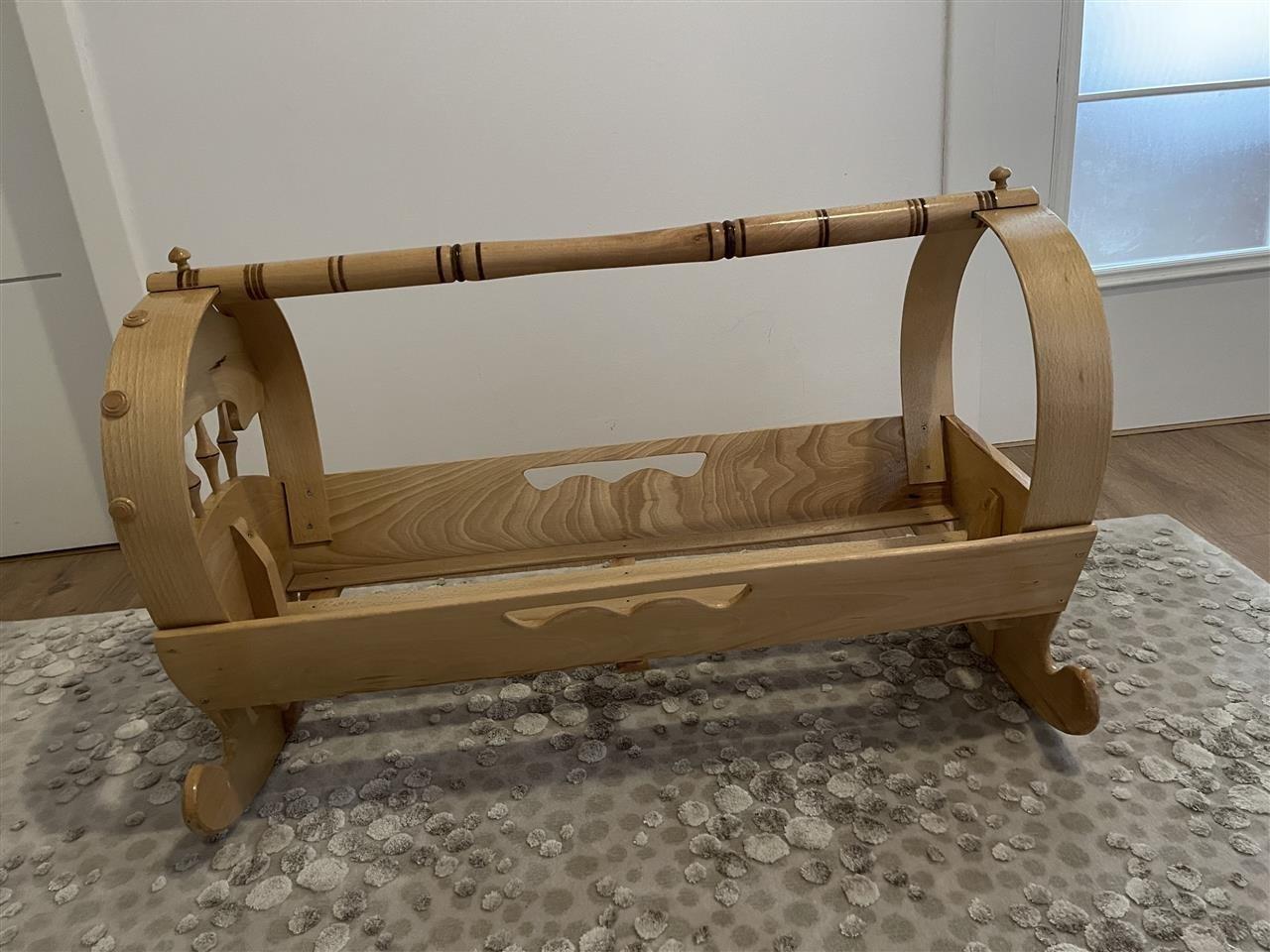In today’s fast-paced world, it’s easy to feel overwhelmed by the constant rush and pressure to act quickly in every situation. However, there’s great wisdom in Learn to sit back and observe. not everything need – tymoff, understanding that not everything requires an immediate response. This article explores the importance of patience, mindfulness, and the power of observation in various aspects of life.
The Art of Patient Observation:
Patience is indeed a virtue, especially when it comes to observation. Learn to Sit Back and Observe. Not Everything Need – Tymoff, allows us to gain deeper insights into ourselves, others, and the world around us. Instead of rushing to judgment or action, taking the time to observe can lead to more informed decisions and meaningful interactions.
Understanding the Need for Pause:
In our society driven by instant gratification, the concept of pausing to observe may seem counterintuitive. However, pausing allows us to break free from the cycle of reaction and instead respond thoughtfully. By Learn to Sit Back and Observe. Not Everything Need – Tymoff, we create space to reflect, analyze, and consider the best course of action. This pause enables us to assess situations more accurately and make decisions that are grounded in careful observation rather than impulsive reactions.
The Power of Mindfulness:
Mindfulness plays a crucial role in the practice of observation. It involves being fully present in the moment, without judgment or distraction. When we approach life with mindfulness, we become more attuned to our surroundings and better able to notice subtle details that may have otherwise escaped our attention. By Learn to Sit Back and Observe. Not Everything Need – Tymoff, with mindfulness, we can cultivate a deeper understanding of ourselves and the world around us, leading to greater clarity and insight.
Applying Observation in Everyday Life:
The art of observation is not limited to specific situations; it can be applied to various aspects of life. Whether in personal relationships, professional endeavors, or simply navigating daily challenges, the ability to sit back and observe, not everything need – tymoff, patiently and mindfully can lead to greater clarity, understanding, and success. By embracing this approach, we can navigate life’s complexities with a sense of calm and purpose, making more informed decisions and fostering stronger connections with those around us.
Embracing Uncertainty:
One of the key lessons in Learn to Sit Back and Observe. Not Everything Need – Tymoff, is embracing uncertainty. Not everything in life has a clear solution or immediate answer. By accepting this uncertainty and allowing ourselves the freedom to observe without the pressure to act, we open ourselves up to new possibilities and perspectives. This mindset shift enables us to approach challenges with curiosity rather than fear, leading to greater growth and resilience in the face of uncertainty.
Exploring the Benefits of Observation:
Beyond the immediate advantages of patience and mindfulness, Learn to Sit Back and Observe. Not Everything Need – Tymoff, offers numerous long-term benefits. By honing our observational skills, we develop a deeper understanding of human behavior, societal dynamics, and even natural phenomena. This heightened awareness can enhance our problem-solving abilities, improve communication, and foster empathy towards others. Moreover, observation serves as a foundation for lifelong learning, enabling us to continuously adapt and grow in an ever-changing world.
Cultivating Self-Reflection:
In the hustle and bustle of daily life, it’s easy to lose sight of our own thoughts, feelings, and aspirations. However, Learn to Sit Back and Observe. Not Everything Need – Tymoff, provides an opportunity for introspection and self-discovery. By taking moments of quiet contemplation, we can gain valuable insights into our values, motivations, and areas for personal growth. This practice of self-reflection fosters greater self-awareness and empowers us to make choices aligned with our authentic selves.
Enhancing Creativity and Innovation:
Creativity thrives in environments where curiosity and open-mindedness abound. By Learn to Sit Back and Observe. Not Everything Need – Tymoff, we cultivate a mindset of curiosity and wonder, essential ingredients for creative thinking. Observing the world with fresh eyes allows us to discover novel solutions to old problems and envision possibilities beyond the status quo. In this way, observation becomes a catalyst for innovation, driving progress and positive change in society.
Deepening Connections with Others:
Effective communication and meaningful relationships are built on a foundation of understanding and empathy. Learn to Sit Back and Observe. Not Everything Need – Tymoff, facilitates deeper connections with others by fostering active listening and genuine curiosity. When we take the time to observe attentively, we demonstrate respect for others’ perspectives and experiences, strengthening trust and rapport in our interactions. This empathetic approach to communication lays the groundwork for harmonious relationships and collaborative endeavors.
Navigating Complexity with Confidence:
Life is full of complexities and uncertainties, and navigating these challenges requires a combination of resilience and adaptability. Learn to Sit Back and Observe. Not Everything Need – Tymoff, equips us with the tools needed to navigate complexity with confidence. By approaching situations with a calm and attentive mindset, we can better assess risks, anticipate obstacles, and formulate strategic plans. This proactive approach enables us to tackle challenges head-on while remaining flexible and open to new possibilities.
Embracing a Balanced Lifestyle:
In a world that often glorifies busyness and productivity, Learn to Sit Back and Observe. Not Everything Need – Tymoff, reminds us of the importance of balance and self-care. Taking moments of pause throughout the day allows us to recharge our energy, reduce stress, and maintain overall well-being. By prioritizing moments of reflection and observation, we create space for joy, creativity, and fulfillment in our lives, ensuring that our actions are guided by intention and purpose.
Conclusion:
In a world that often demands immediate action and quick decisions, Learn to Sit Back and Observe. Not Everything Need – Tymoff, is a valuable skill to cultivate. By practicing patience, mindfulness, and the power of observation, we can navigate life’s complexities with greater clarity, insight, and purpose. So, let us remember: learn to sit back and observe, not everything need – tymoff.
FAQs
Why is observation important in today’s fast-paced world?
Observation is crucial because it allows us to gain deeper insights, make informed decisions, and navigate life’s complexities with clarity and purpose.
How does practicing patience contribute to effective observation?
Patience enables us to slow down, take in our surroundings, and notice subtle details that may have otherwise gone unnoticed, enhancing the quality of our observations.
What role does mindfulness play in the practice of observation?
Mindfulness cultivates present-moment awareness, helping us to observe without judgment or distraction. This heightened state of awareness allows for a deeper understanding of ourselves and the world around us.
How can observation improve personal relationships and communication?
By actively listening and observing others, we demonstrate empathy and respect, fostering deeper connections and more meaningful interactions in our relationships.
What are some practical tips for incorporating observation into daily life?
Start by setting aside dedicated time for reflection and observation each day. Practice active listening, pay attention to nonverbal cues, and approach situations with curiosity and an open mind.



